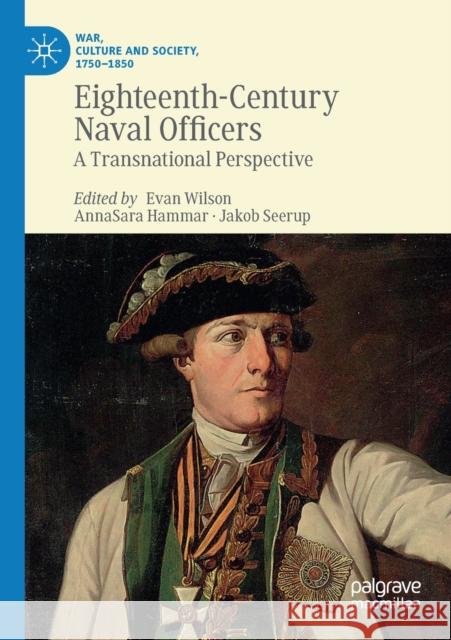Eighteenth-Century Naval Officers: A Transnational Perspective » książka
topmenu
Eighteenth-Century Naval Officers: A Transnational Perspective
ISBN-13: 9783030257026 / Angielski / Miękka / 2020 / 235 str.
Eighteenth-Century Naval Officers: A Transnational Perspective
ISBN-13: 9783030257026 / Angielski / Miękka / 2020 / 235 str.
cena 564,88
(netto: 537,98 VAT: 5%)
Najniższa cena z 30 dni: 539,74
(netto: 537,98 VAT: 5%)
Najniższa cena z 30 dni: 539,74
Termin realizacji zamówienia:
ok. 16-18 dni roboczych.
ok. 16-18 dni roboczych.
Darmowa dostawa!
Kategorie BISAC:
Wydawca:
Palgrave MacMillan
Seria wydawnicza:
Język:
Angielski
ISBN-13:
9783030257026
Rok wydania:
2020
Wydanie:
2019
Numer serii:
000946868
Ilość stron:
235
Waga:
0.31 kg
Wymiary:
21.01 x 14.81 x 1.4
Oprawa:
Miękka
Wolumenów:
01
Dodatkowe informacje:
Wydanie ilustrowane











